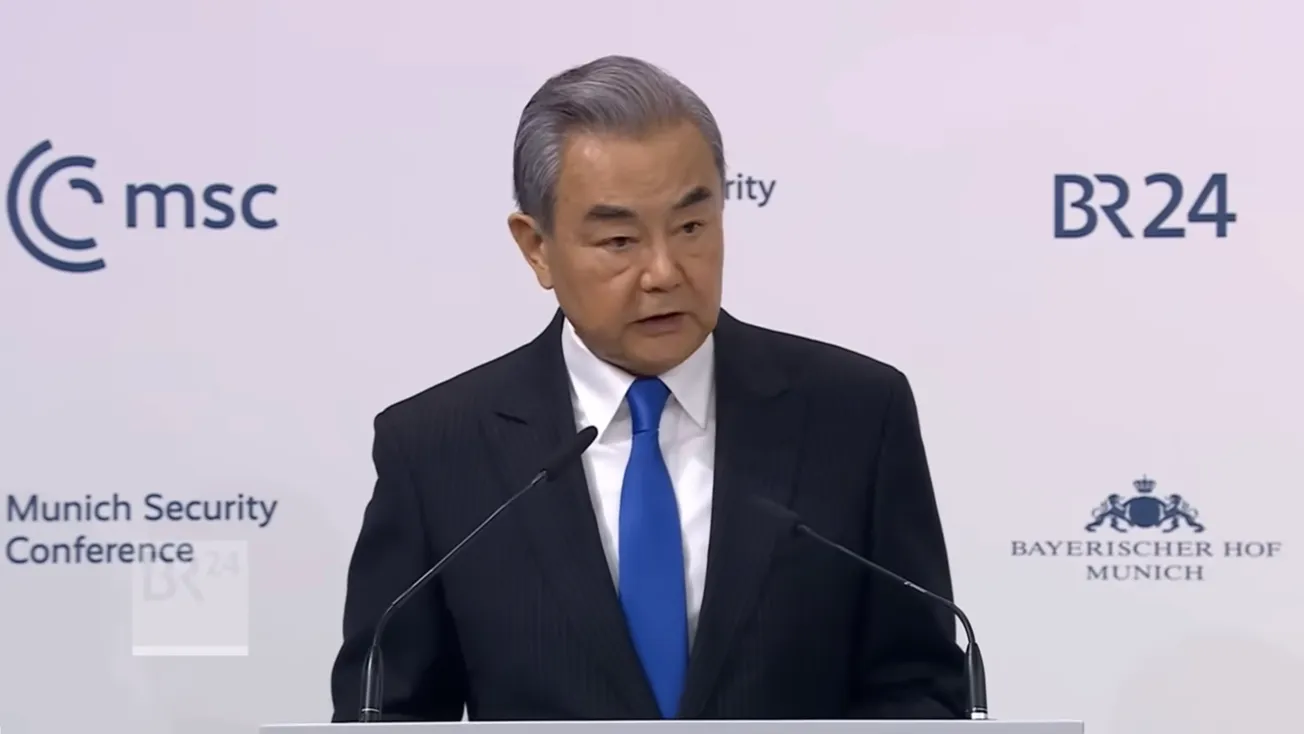Addressing the BRICS-Plus meeting remotely on Aug. 24, the closing day of the BRICS Summit, President Vladimir Putin said that Russia was prepared to offer its resources to meet the food and energy needs of Africa and the developing countries. He described the importance of the BRICS Johannesburg summit as a part of the emergence of a new world order. “The countries of the so-called Golden Billion have gone to great lengths to preserve the unipolar world as it used to be. It suits them, and they are the ones who benefit from it. They are trying to substitute international law with their own rules-based order, as they call it, but no one has seen these rules. At the same time, they use these rules in the pursuit of their self-serving objectives and change them whenever it suits their political agenda, whenever they like, and in any way that suits the interests of specific countries,” he said.
He remarked that he had met with some African leaders in July at the Russia-Africa Forum in St. Petersburg. ”Our country has been paying special attention to ensuring food and fertilizer supplies to African countries and the global markets in general. In other words, we use all the opportunities at our disposal to contribute to the global efforts to fight hunger and prevent a food crisis. Luckily, Russia has produced record grain harvests for the second year in a row.” He reiterated his pledge to provide each of six African nations 25,000-50,000 tons of grain, “delivering it for free.” He said the arrangements are now under negotiation.
In addition to grain, President Putin also underlined the tremendous natural resources in Russia available for the world: “Experts have calculated that by 2050, the global population will increase by 1.7 billion people, while global demand for energy will be up by 22% with this demand mostly driven by the least developed and developing countries. Therefore, it is obvious that there will be no alternative to hydrocarbon fuel in the foreseeable future. This does not mean that we do not need to accomplish the energy transition, but the transition to a low-carbon economy must be gradual, balanced and carefully prepared, taking into consideration specific national contexts and capabilities.”



